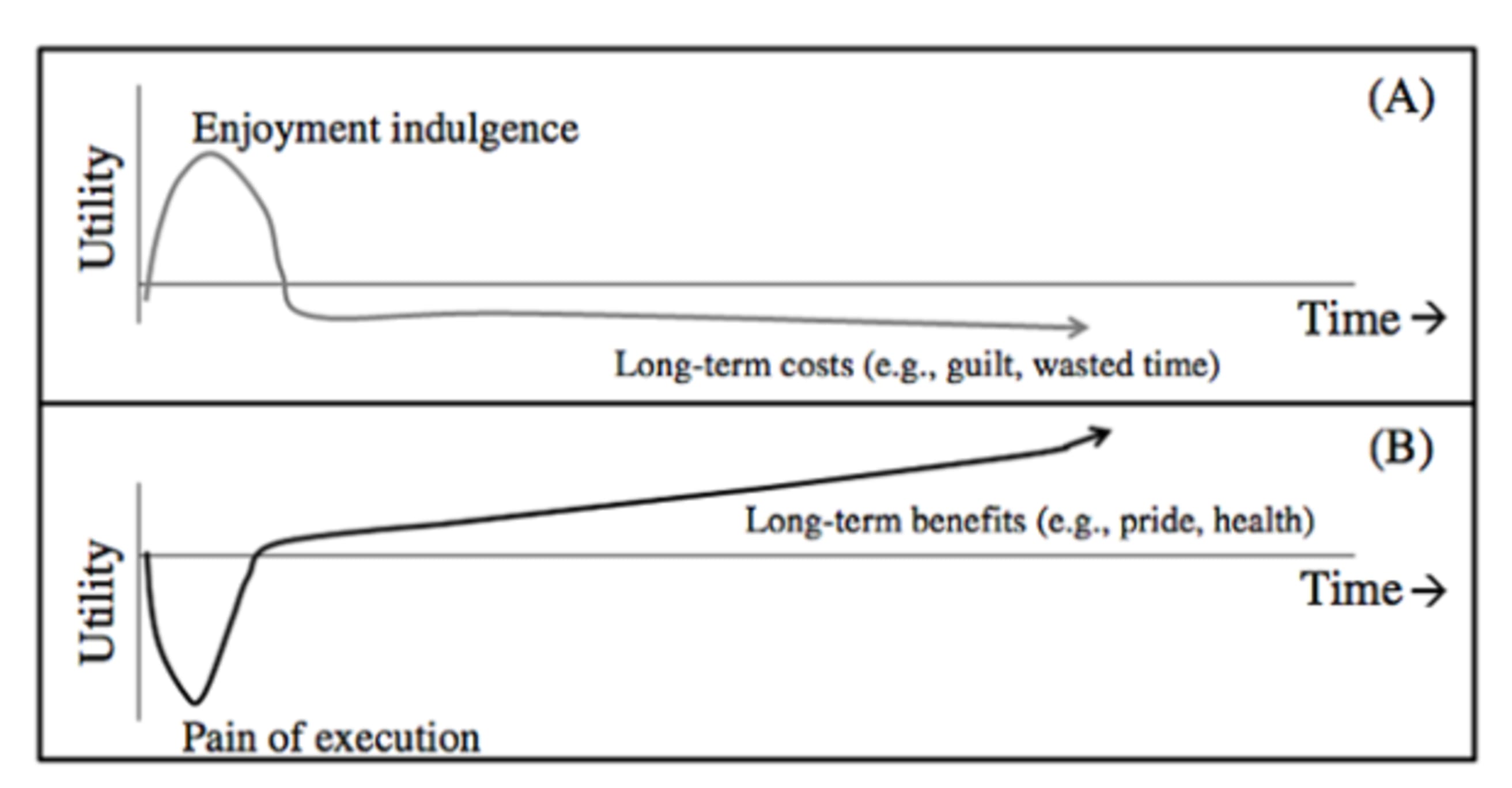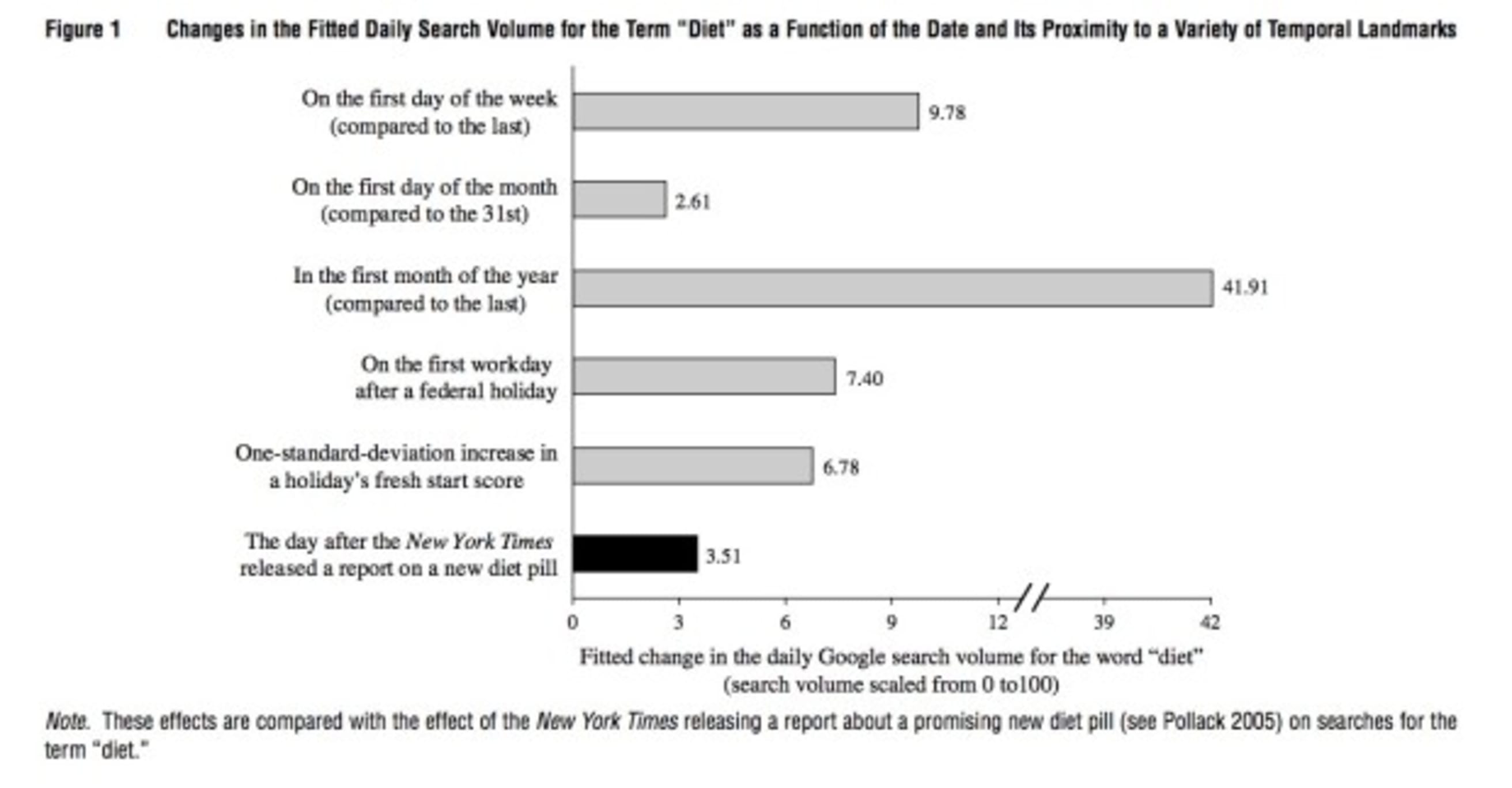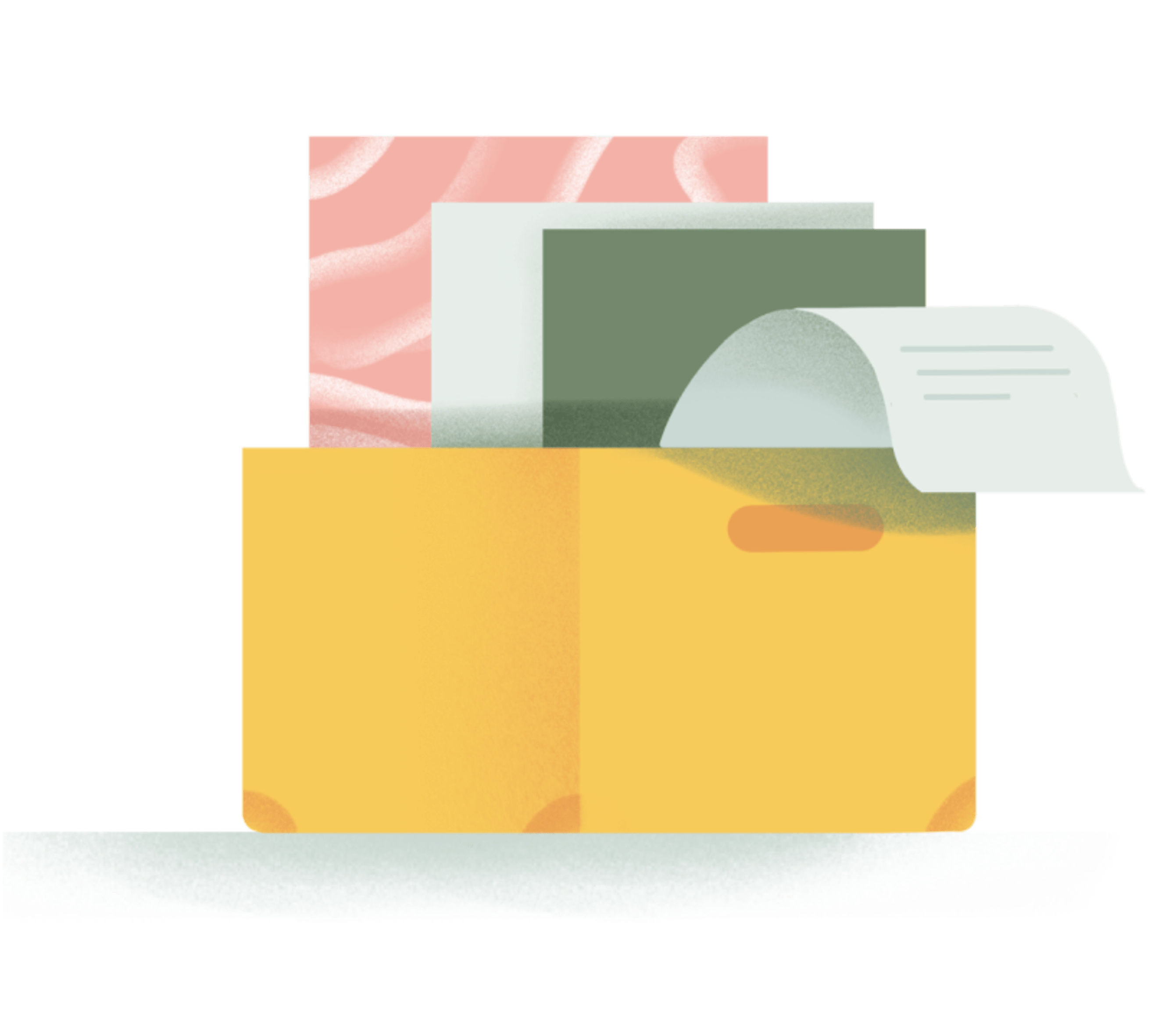I struggle with willpower more than anything else in my life, which is odd, particularly since I consider myself a self-starter. I have to be; I work for myself and I freelance, both from home. No less, I wrestle with my own willpower every morning and every evening. I fight to get out of bed and start work at a decent hour, and I struggle between doing what I want (streaming my favorite television show) or what I should be doing (filling orders and getting caught up on email and YouTube comments) after dinner.
This never fails. It happens every weekday.
But I am not alone. We as humans all struggle with willpower at one point or another. It's commonly accepted as a limited resource, though more recently that has been disputed. I see my sister face the same struggles every evening. She sells handmade crocheted items for supplementary income, and I hear the same words from her at dinner every night. “I don’t want to crochet, but I need to.”
And if you pay close enough attention, you’ll hear those same murmurs from people all around. “I don’t want to go to the gym tonight,” “I need to clean the house,” or “I should wash the dishes.” At the same time, those people are struggling to not give into their guilty pleasures – the things they enjoy doing but make them feel like they’re waiting time – like Netflix binging, eating junk food, or playing video games.
None of that is to say we shouldn’t enjoy ourselves and the occasional Netflix session, or play video games. After all, life isn’t worth living if you can’t enjoy yourself. But you also can’t totally abandon all of the things you should be doing instead.
This is where the technique “temptation bundling” comes into play. Coined by Katherine Milkman, assistant professor at Wharton University of Penn. and behavioral economist, temptation bundling is a clever method of using rewards – or the things you enjoy doing, those guilty pleasures which offer instant gratification – to invoke the willpower to also get all the things you don’t want to do, things that often come with long-term benefits, out of the way. In essence, you kill two birds with one stone by doing what you want and what you should be doing together, but only together. One does not happen without the other. And the rewards aren’t something you do after you’ve completed what you should be doing more of, but rather something you can also do while completing that task.
How it works

Let’s say you really want to focus on your health by going to the gym but you really don’t like going. You also love to catch up on your favorite shows on Netflix after work, but you feel guilty after one or two hours of watching TV. You feel like your time could have been spent more productively and that you probably should have gone to the gym instead.
With temptation bundling, you would use Netflix as motivation to get into gym and as a reward for doing what you should be doing anyway. This means you would restrict your Netflix time to the same time you spend working out – only watch your favorite show while you’re in the gym. Once you leave the gym, you’re left wondering what happens next in that show. The only way to find out (that is, if you stick to the plan) is to reward yourself with the next episode while you're on the treadmill.
However, temptation bundling doesn’t have to be pairing the gym with Netflix. On the Freakonomics Radio Podcast, Milkman offers several different examples of bundling.
"So what if you only let yourself get a pedicure while catching up on overdue emails for work? Or what if you only let yourself listen to your favorite CDs while catching up on household chores? Or only let yourself go to your very favorite restaurant whose hamburgers you crave while spending time with a difficult relative who you should see more of."
You could also only drink a beer when cleaning the house or only listen to your favorite podcast while walking the dog. The possibilities are very personal but also virtually endless.
Does it actually work?
Yes, it works. But there’s a catch … or two.
Milkman performed a study in which many people who wanted to exercise more were asked to give up their iPods, which had been filled with addictive audiobooks. They listened to the beginning of the audiobook during a 30-minute workout. The only way they could access their iPods and hear more of the story was by visiting the gym again. The control group was handed a $30 gift certificate to Barnes & Nobles instead, able to listen to what they wanted, when they wanted, while still having access to the gym. And a third group was not forced to have their iPods locked away, but were encouraged to only listen to the provided audiobooks while in the gym.
According to Milkman, temptation bundling increased exercise rates by 50 percent over the first seven weeks, or about one more gym visit per participant every two weeks. However, there is a falloff rate. After the seventh week of the study, participants left for two weeks for Thanksgiving break. Upon returning, the effect of temptation bundling had worn off entirely.
This means, for optimal results, you must stick to the plan. Any deviation from the course can and will likely result in falloff, just like that New Year’s resolution you made a few months ago. But in order to stick to the plan and not cheat, you have to have some serious self-control. If you reward yourself without doing what you should be doing, such as watching Netflix without going to the gym or listening to your favorite album without cleaning, the system will begin to fall apart.
When to start
While giving a speech at Google, Milkman was also asked when to start such methods is best. Is there any given time that works better than another?
This question sent Milkman on a new journey, which led to a discovery she calls the “fresh start effect.” She downloaded eight year’s worth of data surrounding the Google search term “diet,” which is, by and large, the most popular New Year’s resolution. This showed that there is a recurring trend in when people search for and start diets and related things, such as new exercising routines or quitting smoking. These terms trend higher at the start of a new week, month, or year. But more significant than that is the fresh start effect on the first workday after a federal holiday or school break, says Milkman.
The presumed reasoning behind this effect is the feeling that at the turn of the year, the former you is in the past. All your failures for the year can be forgotten as you roll over into a new year. While this feeling is certainly heightened at the turn of the year, it’s also present at the beginning of a new week, month, or returning to work after a break.

Again, just like temptation bundling, this "fresh start” feeling may affect each individual differently, so you must pick your time to start accordingly.
Everyone seems to suffer from rapid falloff on New Year’s resolutions. They work for some, not for others. So maybe you shouldn’t wait for the turning of the year. But if you’re feeling inspired after a long weekend or a two-month summer break, use those moments of inspiration as turning points to sticking to your goals with temptation bundling.
If you feel turning 25, like I will do in just over two weeks, is an important time in your life, use it to your advantage. Even before researching the fresh start effect, I had begun planning changes I wanted to make when I turned 25. Why? I have no idea, but the effect is greater for me on my birthday each year than it is on New Year’s, any other holiday, or the start of any given week or month.
It also shouldn’t go without mentioning that some people don’t need this arbitrary start date. A good friend of mine, Dom Esposito, began eating healthier and exercising on a whim.
Discover which times you’re feeling most inspired to change and improve, and act.
Multiple bundles and inertia
Honestly, I’ve been using temptation bundling for quite some time, and so has my sister. We simply didn’t know it, and we certainly didn’t know there was a term for it.
For instance (but admittedly not always), I catch up on my favorite TV shows while I work on things, like testing an upcoming Mini MOD for my YouTube channel or making rewards for Patreon supporters. Or I’ll write out a blog post while doing the same thing. My sister currently fills her crocheting orders while binging on Heroes every week night.
I also catch up on podcasts while I work through an email backlog each morning. And that’s the most interesting part. I’ve found that daisy chaining multiple temptation bundles together helps me more than anything. I'll refer to it as motivational inertia. In terms of physics, inertia is "the property of matter by which it retains its state of rest or its velocity along a straight line so long as it is not acted upon by an external force.”
Likewise, with my motivation, if I am working on a task, my motivation doesn't seem to deplete until the job is done, especially if I have my entire day planned out. However, as soon as I plop down on my couch in the evening, after a long day of work, I do not want to move … I won’t move. I will only get up for one of three things: food, a beverage, or a visit to the bathroom. As long as I keep moving, my willpower remains high.
The way I’ve found I deal with this best is to use multiple temptation bundles throughout each day: have a coffee while I schedule social media posts, treat myself to YouTube over a healthy lunch, have a healthy snack while I do laundry, etc. I can’t say I’m perfect and I often lack the self control necessary to stick to every temptation bundle, but the few bundles that have stuck have proven very helpful in getting things done, even when I don’t want to do anything at all.
Turn it into a habit
The entire premise of temptation bundling is to use an instantly gratifying task you love to do to encourage you to do something less gratifying, but likely with better long-term effects, like working out or being healthier. You meet somewhere in the middle to get the best of both worlds. But as the study (and history) shows, the effects of temptation bundling doesn't last forever – at least not for everyone. The idea is to use it to help kick-start better habits, to do more of the things you should be doing, rather than only the things you want to do.
Herbert Lui of Lifehacker explains that, over time, you should slowly begin to transition away from your temptations and simply stick to the "should" activities, as he calls them. Lui explains, "For example, watch just one episode of a TV show as you get started on the elliptical, then turn it off."
It makes sense. Too much of giving in to the temptations could eventually become a crutch that holds you back. The long-term effects of your "should" activities will likely being to show over time. As you begin to notice them, you should also begin to wean yourself off the temptations.
After all, it's habits that stick, not mind hacks.

